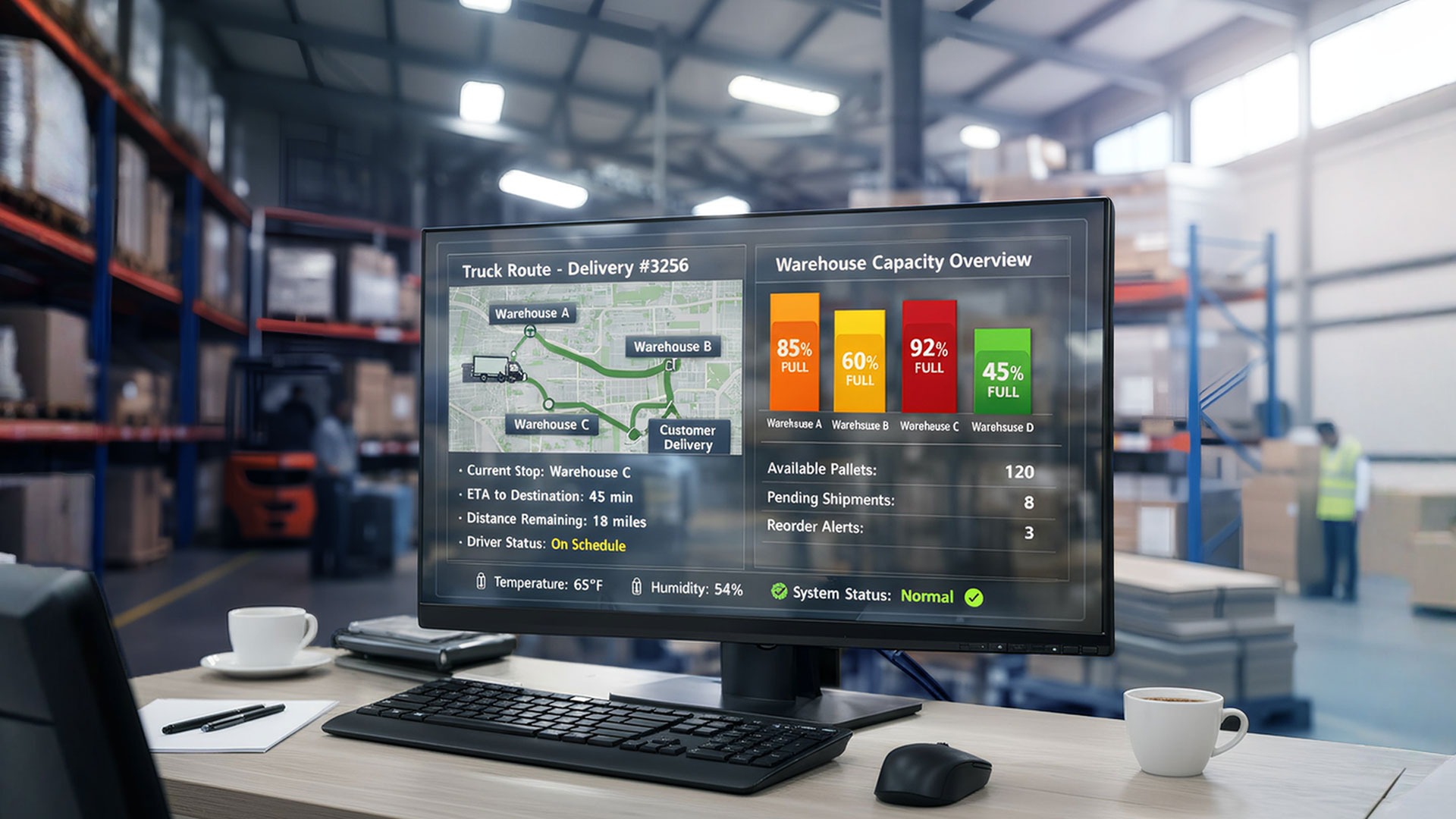
A logistics partner plays a crucial role in ensuring that customers receive their products safely. Indeed, logistics serves as the backbone of a business, a critical element without which success is unattainable. The way you select and manage your logistics services has a significant impact on the success of your business strategies. These services are essential for meeting the increasing customer demand for quick and reliable deliveries. Although finding a logistics partner that meets your requirements can be challenging, understanding your business needs will help you identify the ideal logistics partner.
Now, let’s explore the key factors to consider when selecting a logistics partner for your company. Let’s dive in!
1. Understanding Your Business Needs
Assessment of Current Logistics
Before searching for a new logistics partner, it’s crucial to thoroughly understand your current logistics operations. Identify the strengths and weaknesses of your existing system by analyzing delivery times, inventory management, and customer satisfaction rates. This assessment will highlight the specific areas where a logistics partner can add value.
Business Objectives
Aligning your logistics needs with your broader business objectives is essential. Whether it’s expanding into new markets, increasing delivery speeds, or reducing costs, your logistics partner should be able to support these goals.
Volume and Scalability
Consider the volume of goods you need to transport and store. A suitable logistics partner should handle your current volume efficiently and also scale operations up or down based on business growth and seasonal demand fluctuations.
2. Evaluating Technical Capabilities
Technology Integration
The right logistics partner should offer advanced technology solutions that integrate seamlessly with your systems. This includes real-time tracking systems, robust inventory management software, and efficient order processing tools, which are crucial for transparency and operational efficiency.
Automation
Automation in logistics can significantly enhance efficiency and accuracy. From automated warehousing solutions to AI-driven route optimization, check for a logistics partner that leverages modern technology to minimize human error and speed up operations.
Data Security and Privacy
Given the sensitive nature of transactional and shipping data, ensure that your logistics partner has stringent data security and privacy measures in place. This protects your business and customer information against breaches and unauthorized access.
3. Assessing Financial Stability and Pricing Models
Financial Health
A financially stable logistics partner ensures reliability and longevity in operations. Examine their financial statements and credit ratings through independent reviews or financial analysis reports.
Pricing Structure
Understand the pricing models offered by logistics providers. Whether it’s pay-per-use, flat rates, or volume discounts, the pricing should align with your business’s financial strategy and provide transparency without hidden costs.
4. Checking Compliance and Industry Expertise
Regulatory Compliance
Compliance with both local and international transport regulations is non-negotiable. This includes safety standards, environmental regulations, and customs laws, which are all critical to smooth logistics operations.
Industry Experience
A partner with expertise in your specific industry will have a deeper understanding of the challenges and needs specific to your sector. Whether it’s pharmaceuticals, electronics, or consumer goods, industry expertise can significantly enhance logistical efficiency.
5. Reviewing Reputation and Reliability
Customer Reviews and Testimonials
Look at what current and past clients have to say about the logistics provider. Positive feedback and testimonials can provide insights into their reliability and service quality.
Problem Solving and Support
Effective problem-solving capabilities and robust customer support are crucial. Evaluate how potential logistics partners have handled issues in the past and whether they provide 24/7 support to address emergencies and operational concerns.
6. Business Ethics
The integrity of a company’s products, the safety of its operations, and the trust of its customers are all profoundly influenced by its commitment to ethical practices. It’s crucial to assess whether a potential logistics partner has the ethical foundation necessary to be a trusted partner, even if they possess desirable features such as advanced technology infrastructure, robust networks, effective procedures, systems, and supportive teams.
Beyond routine audits and accepting their partnership, you should also consider key factors such as the transparency of their transactions and dealings.
- Can you depend on the historical performance of their products or the general market opinion?
- Does the company adhere to standard procedures, or does it take shortcuts that could jeopardize the safety of its workers or clients’ cargo?
These questions are vital for determining whether you can forge a successful long-term relationship.
What are some red flags indicating a lack of ethics?
- Look for signs like infrequent communication between the parties, price increases that exceed fuel cost adjustments, a high rate of employee turnover, and frequent instances of lost or delayed shipments. These indicators can help you assess the ethical standing of a potential logistics partner.
7. Storage Options
A reputable logistics service will have a robust warehouse management system (WMS) in place. An effective WMS enhances efficiency and accuracy, leading to improved business operations and higher customer satisfaction. The system should be capable of addressing any issues swiftly and adapting to changing demands and market conditions continuously.
The location of your warehousing facilities should be a fundamental consideration. When choosing a location, think about the size of the building, the surrounding area, and its proximity to major highways and ports. It’s also crucial to ensure there’s sufficient space to handle the daily influx and dispatch of a certain number of containers or trailers. Additionally, consider whether there is potential for expansion, particularly during peak shipping periods.
8. Handling Requirements
Rapid shipment is irrelevant if your logistics partner does not adhere to your company’s policies. By choosing the right provider, you can avoid the complexities associated with quality control processes, serial numbers, and other data management issues.
Your ideal service provider should have a deep understanding of your business, comparable to your knowledge. Additionally, the right partner will not only assist your team with current solutions but also guide you toward strategies that ensure success in the future.
How Can Wahyd Logistics Help?
With expertise in Logistics and a long list of happy customers, Wahyd Logistics is always committed to providing seamless logistics services that cater to your business requirements.
We are here to offer you hassle-free and customized logistics solutions, so you can do more with your business while we handle all the challenging tasks!
Contact our logistics experts today and we will be happy to help with your logistics.






